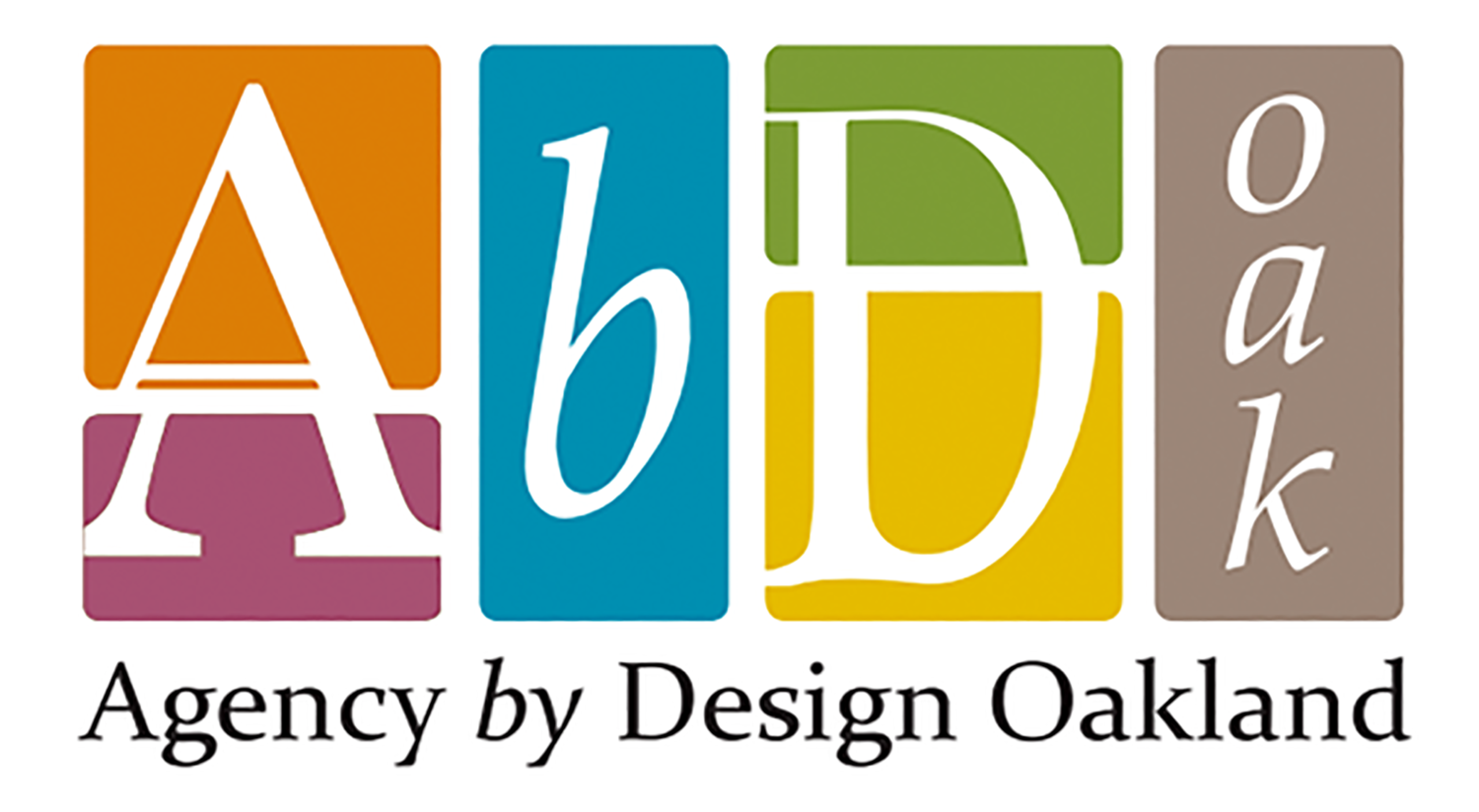CULTURALLY RESPONSIVE TEACHER MAKING
An Ignite Talk by Lawrence Teng, a high school math teacher at MetWest High School in Oakland, shares his inquiries around culturally responsive pedagogy, how he’s been influenced by the work of Zaretta Hammond, and how he’s designed his own thinking routines for students to become co-creators of knowledge.
As educators we believe that a good question is at the root of learning. In the Agency by Design Oakland fellowship we support and value the journey each teacher takes while creating a question unique to their teaching practice. A teacher inquiry is a question that becomes an anchor for the work that follows.
Lawrence’s Inquiry question: How do my students process information cognitively and how does this relate to cultural throughlines and how can I use this to better help my students learn?
An Ignite Talk by Lawrence Teng, a high school math teacher at MetWest High School in Oakland, shares his inquiries around culturally responsive pedagogy.
Lawrence closes his ignite talk by asking,
“How can YOU be a culturally responsive teacher maker?”
We ask: How might you experiment with the co-creation of thinking routines with on-line teaching and learning? We would love to hear the stories of what you are trying and how your students are surprising you in the moments you have shifted the power, inviting them into creating authentic assessments. Tag us on Twitter or Instagram @AbDOakland.
For more videos from the collection documenting our Virtual event: Equity in the Making before during and after distance learning
The monthly fellowship meetings of 2019-20, before shelter-in-place you could find us thinking together in various groups. The documentation below captures some moments leading up to Lawrence’s final inquiry and ignite talk.
Four Fellows standing in front of a project asking, What is a System? From the December 2019 Expo. Upper left clockwise: Lawrence Teng, Math at MetWest. Jonathan Lazatin, Science at MetWest, Satoshi Suga, Science at McClymonds HS. Linh Linh Trinh, Math at MetWest.
After the work of sharing our teacher inquiries and process it is the casual conversations that are the connective tissue for transformational change. It is these conversational moments that make us each feel less isolated and more joyful, while making and playing.
Questions that Lawrence was asking at our mid-year expo were looking for evidence of metacognition, the awareness and understanding of one's own thought processes. The interactive display engaged viewers with questions about their own thinking about math equations. Part of the work in the Agency by Design Oakland fellowship values the practice of making learning visible.
How are we telling the story of teaching and learning and how are we inviting students into the process?
Lawrence Teng, teaches math to close to 40% of the whole student body. In his classes, he knows the names of every student and has consistent contact with many of my students’ parents. The school’s emphasis on a small tight-knit community is strong.
Met West HS, Oakland is one of forty public high schools around the country pioneering a model of internship-based education MetWest's 9th-12th graders travel to the campus from all corners of Oakland. The school's approach to learning is grounded in a commitment to educate one student at a time, in a tight-knit community of peers, family, teachers, and community mentors -- utilizing resources inside and outside the classroom. Students at MetWest are 50 percent Latino, 30 percent African American, seven percent White, and 13 percent Asian American. Seventy percent of the school's students qualifying for free and reduced lunch.




